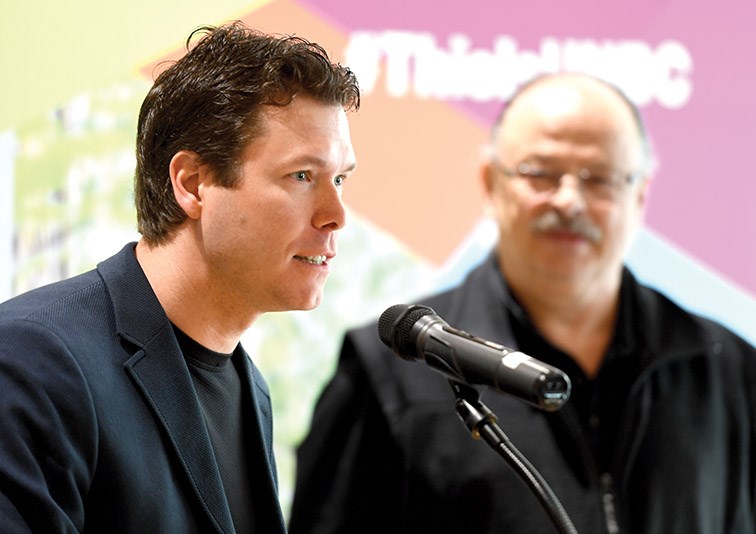In partnership with Carrier Sekani Family Services, two University of Northern British Columbia professors have secured $1.5 million to pursue a five-year research project focused on strengthening mental wellness and suicide prevention among Indigenous elders in B.C.'s Northern Interior.
The project will build on the work Dr. Henry Harder and Dr. Travis Holyk have carried out over the past decade when they looked at mental health wellness in Indigenous youth and young adults.
Holyk said they will be taking a "strengths-based approach that acknowledges and supports the importance of revitalizing Carrier and Sekani culture."
Indigenous research methodology will be used as the framework for all phases of the project.
"What sets Indigenous methodology apart is that it starts and ends with community," said Harder. "It means working with community members who help us to identify the project priorities and also point to the best ways to uncover the information needed to find solutions and best outcomes.
"Basically, it puts the community ahead of the researcher, and we only pursue activities that directly benefit the community."
The project will implement and evaluate intervention across member nations of Carrier Sekani Family Services. It will also seek to share the suite of materials created through the study with other First Nations communities.
Holyk is the CSFS's executive director of research in primary care and strategic services and an adjunct professor at UNBC.
Harder is a psychology and health sciences professor, and the Dr. Donald B. Rix B.C. Leadership Chair for Aboriginal Environmental Health.
The funding, announced Tuesday, is provided through the Institute of Indigenous Peoples' Health, part of the Canadian Institutes of Health Research. Project partners and in-kind contributors also include Northern Health and numerous Indigenous stakeholders across the North.



.png;w=120;h=80;mode=crop)